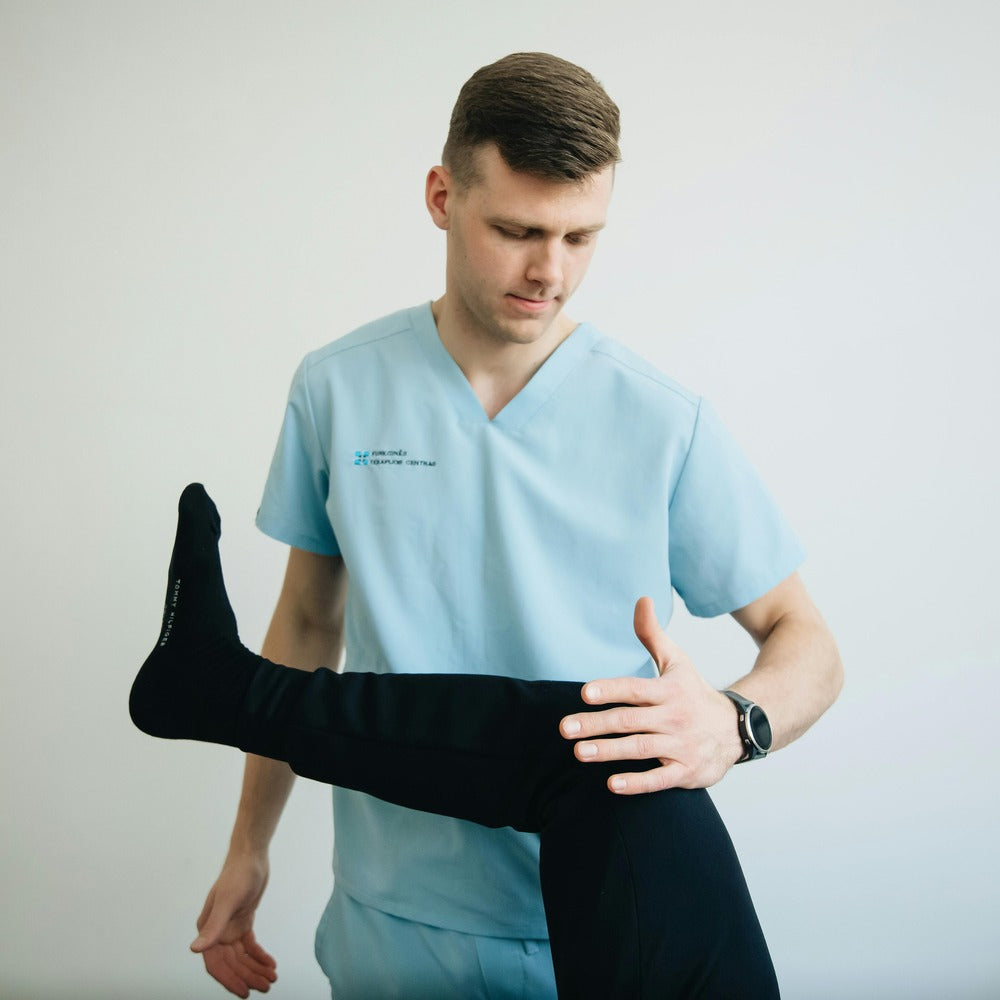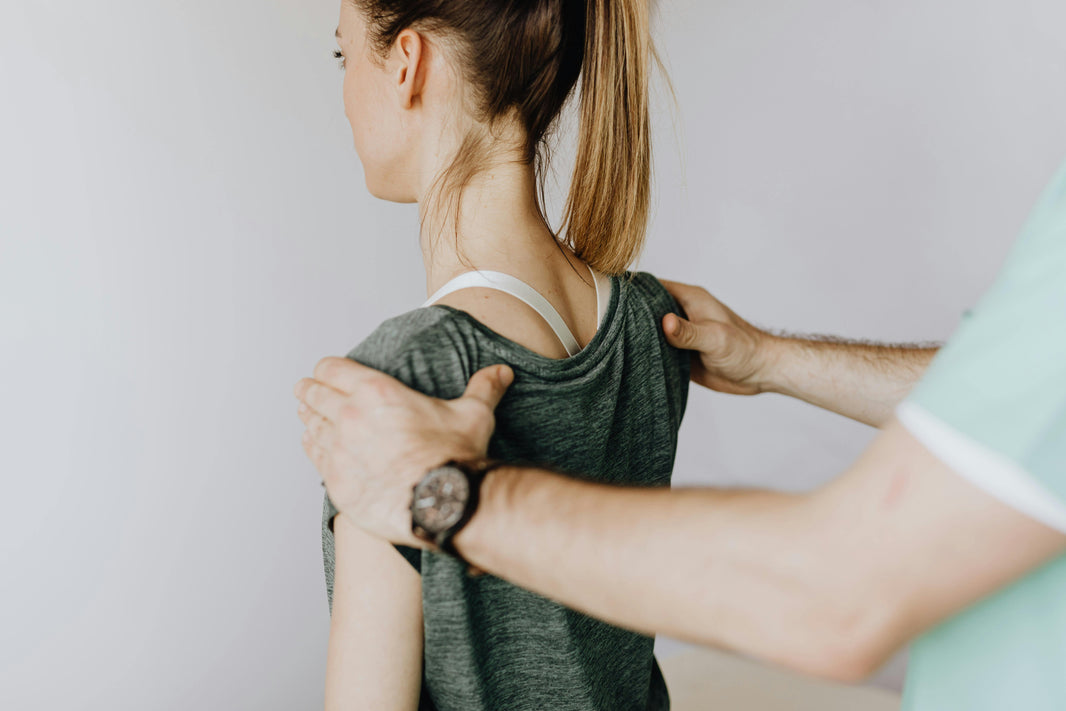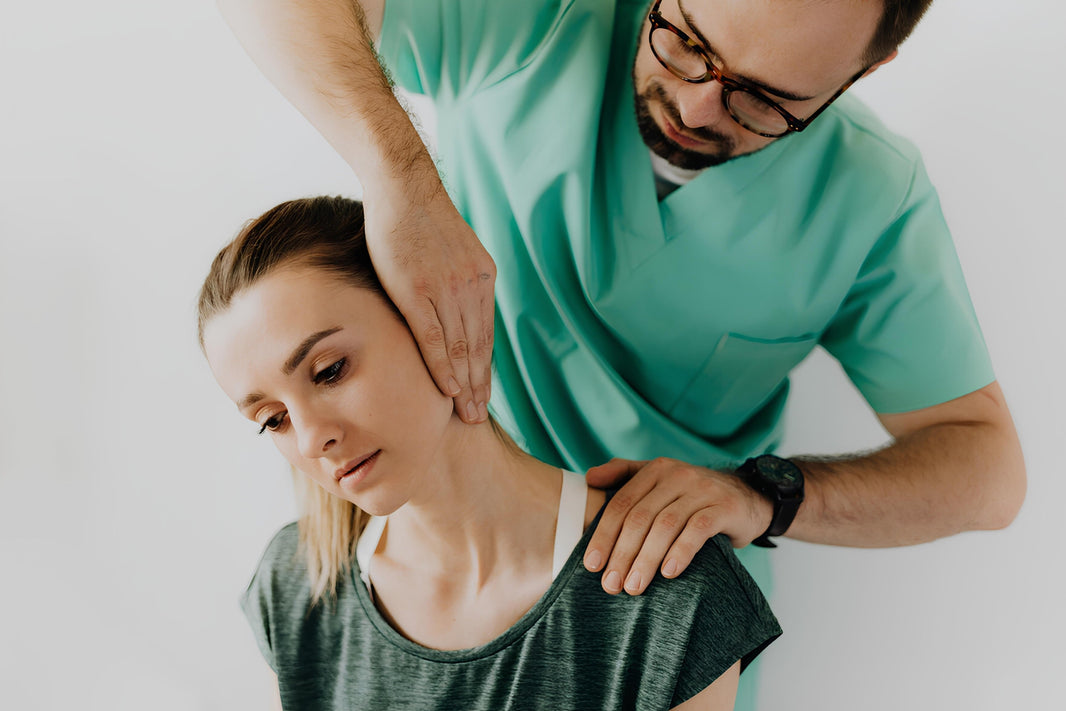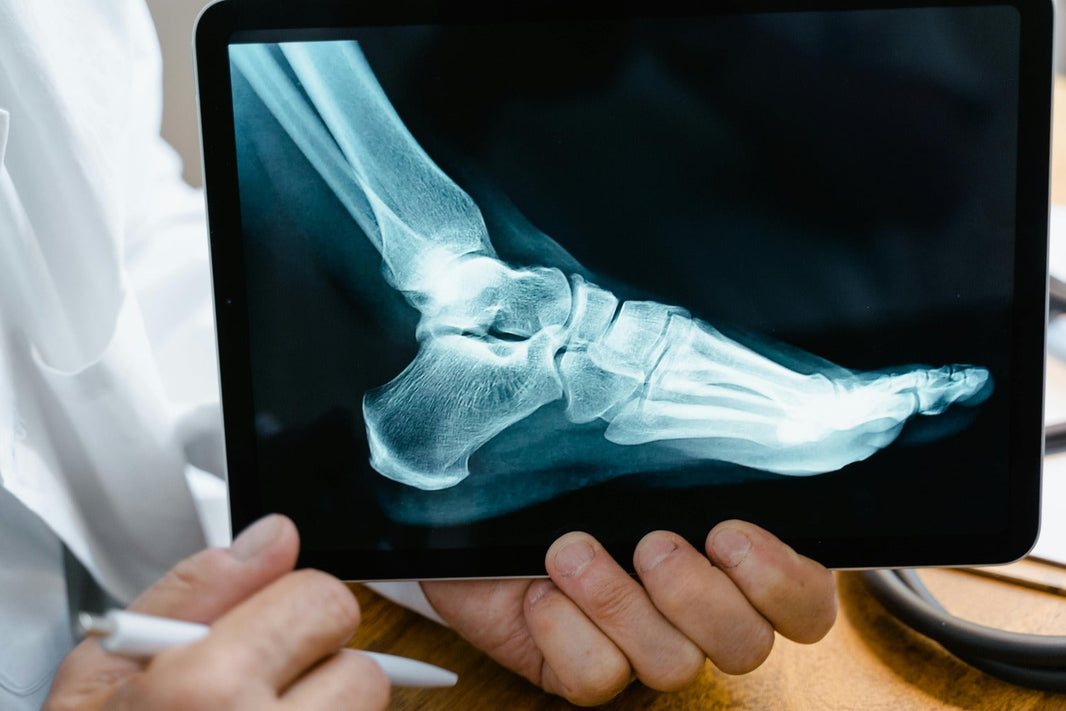When it comes to anterior cruciate ligament (ACL) injuries recovery often feels like a daunting mountain to climb. Surgery, physical therapy and patience dominate the healing process. But what if your diet could play a significant role in speeding up recovery and fortifying your ACL? Enter collagen-the often overlooked nutrient that might just be your secret weapon for repair and recovery.
What is Collagen and Why Does It Matter?
Collagen is the most abundant protein in the human body, acting as the structural glue for your skin, tendons, ligaments and bones. It’s what gives tissues their strength and elasticity-making it a key player in joint and ligament health.
The ACL like other ligaments is made up of dense connective tissue primarily composed of collagen. After an ACL injury or surgery the body’s collagen network needs to rebuild itself for proper healing and function. Without adequate collagen production and supplementation the repair process can slow down potentially leading to weaker ligaments and increased risk of reinjury.
Collagen’s Role in ACL Recovery
1. Supports Tissue Regeneration
Collagen provides the essential building blocks called amino acids such as glycine, proline and hydroxyproline that are required for rebuilding connective tissues. These amino acids stimulate fibroblasts, the cells responsible for producing new collagen thereby aiding in the repair of the torn ACL.
2. Enhances Tendon and Ligament Strength
A study published in the American Journal of Clinical Nutrition found that collagen supplementation when combined with resistance exercise, improved tendon stiffness and strength. For ACL recovery, stronger tendons and ligaments mean better joint stability and reduced risk of future injuries.
3. Reduces Inflammation
Injury-related inflammation can delay the healing process. Collagen peptides contain bioactive compounds that have been shown to reduce inflammatory markers, allowing your body to focus on repair rather than fighting inflammation.
4. Promotes Cartilage Repair
ACL injuries often involve damage to surrounding structures, including cartilage. Collagen is a key component of cartilage, and supplementation can help repair cartilage damage, improving overall knee function.
How to Incorporate Collagen Into Your ACL Recovery Plan
Incorporating collagen to your daily diet doesn’t need to be complicated. Here are some practical tips:
1. Choose the Right Collagen Supplement: Look for hydrolyzed collagen peptides which are easier for your body to absorb. Popular brands often offer tasteless powders that mix well into drinks or smoothies.
2. Timing Matters: Take collagen supplements about an hour before your physical therapy session or resistance training. Studies suggest this timing maximizes collagen synthesis and benefits tendon and ligament repair.
3. Combine With Vitamin C: Vitamin C is important for collagen production. Pair your collagen supplement with foods rich in vitamin C, like oranges, strawberries, or bell peppers, to boost its effectiveness.
4. Collagen-Rich Foods: If supplements aren’t your style, opt for natural sources of collagen, such as bone broth, chicken skin, fish with skin, pork rinds.
5. Stay Consistent: Consistency is key. Make collagen a part of your daily routine to ensure your body has a steady supply of the nutrients needed for repair.

Common Myths About Collagen and ACL Recovery
Myth #1: Collagen Doesn’t Work Because It Gets Broken Down in the Stomach
While it’s true that collagen is broken down into amino acids during digestion, these amino acids are reassembled by the body to produce new collagen. Hydrolyzed collagen peptides are specifically designed for better absorption and utilization.
Myth #2: You Can’t Get Enough Collagen From Diet Alone
While supplements are convenient, a collagen-rich diet can also provide substantial benefits. However, consistency and variety are key to ensuring optimal intake.
Final Thoughts
Recovering from an ACL injury requires a multi-faceted approach. While surgery and physical therapy are indispensable, nutrition can act as an accelerator for healing. Collagen, with its proven ability to support tissue regeneration, strengthen ligaments, and reduce inflammation is a powerful ally in your recovery journey.
By incorporating collagen supplements or collagen-rich foods into your routine and pairing them with a well-rounded diet and rehabilitation exercises, you can pave the way for a stronger, more resilient ACL. Always consult with your healthcare provider or dietitian to tailor a plan that suits your specific needs.
References
-
Shaw, G., Lee-Barthel, A., Ross, M. L., Wang, B., & Baar, K. (2017). Vitamin C-enriched gelatin supplementation before intermittent activity augments collagen synthesis. American Journal of Clinical Nutrition, 105(1), 136-143.
-
Clark, K. L., Sebastianelli, W., Flechsenhar, K. R., et al. (2008). 24-week study on the use of collagen hydrolysate as a dietary supplement in athletes with activity-related joint pain. Current Medical Research and Opinion, 24(5), 1485-1496.
-
Daneault, A., Prawitt, J., Fabien, S., & Bielmann, D. (2017). Clinical evidence of collagen hydrolysate bioavailability and efficacy in joint and bone health. Osteoarthritis and Cartilage, 25(S1), S62-S63.
-
Zdzieblik, D., Oesser, S., Gollhofer, A., König, D. (2015). Collagen peptide supplementation in combination with resistance training improves body composition and increases muscle strength in sarcopenic men: a randomized controlled trial. British Journal of Nutrition, 114(8), 1237-1245.








